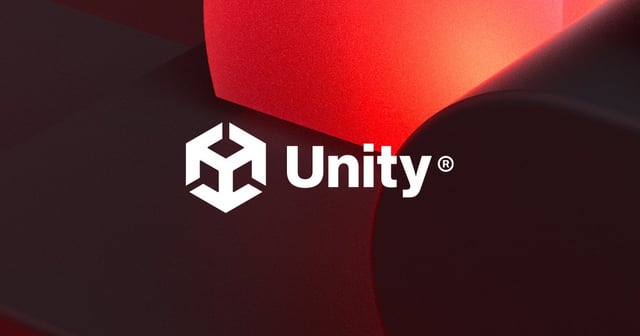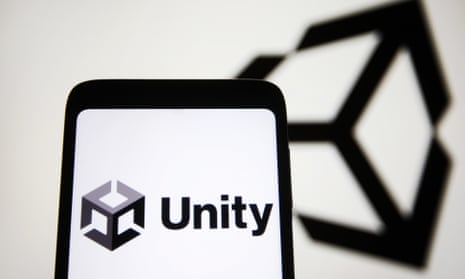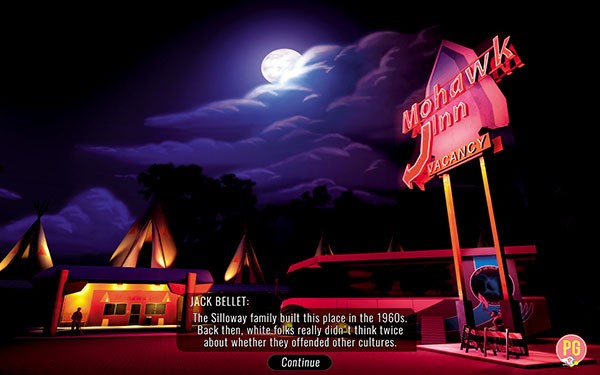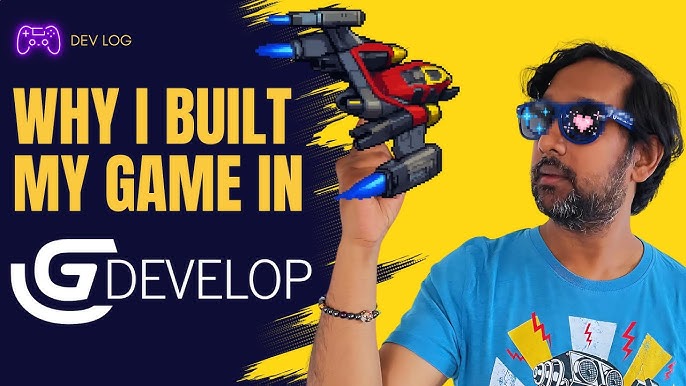The Unity Runtime Fee: A View from the Inside (and Now, the Outside) It’s hard to watch a community you care about struggle.

It’s hard to watch a community you care about struggle. Especially when you saw the storm coming. For years, I was a Senior Tools Programmer at Unity, focused on shader compilation and optimizing the Built-in Render Pipeline (BRP). I poured my heart into making the engine better for everyone. Three months ago, I left. Not because I didn't love the work, but because I couldn’t stomach the direction things were heading. Now, seeing the fallout from the Unity Runtime Fee announcement, I feel a mix of vindication, sadness, and a deep concern for the indie developers who are bearing the brunt of this disastrous decision.
The Writing on the Wall
The pressure to monetize was palpable. It wasn't a secret. During my time there, countless monetization strategies were floated, often in closed-door meetings far removed from the engineering teams actually building the engine. We saw everything from tiered asset store fees to more intrusive forms of advertising within the engine itself being discussed. Many of these ideas were ultimately rejected as being too disruptive or technically infeasible, but the desire was always there.
What worried me most was the disconnect between Unity's leadership and the indie developer community. The focus shifted from empowering creators to extracting value. Warnings from within – engineers pointing out the potential damage to the engine's reputation and the livelihoods of smaller studios – were often dismissed. The prevailing attitude became, "They'll adapt. They have no choice."
I remember specifically arguing against certain feature implementations that felt targeted at enterprise clients, at the expense of usability for smaller teams. I predicted that alienating indie developers, who are often the most innovative and vocal members of the community, would ultimately backfire. That prediction, unfortunately, came true with the Runtime Fee.
The Indie Game Devs' Predicament: PC and the Early Access Trap
The Unity Runtime Fee is particularly devastating for indie developers focusing on PC, especially those using Steam's Early Access model. Consider a studio like Aggro Crab, the developers behind Another Crab's Treasure. They, like many others, rely on a community-driven development process. Early Access allows them to generate revenue, gather feedback, and refine their game.

The problem? The Runtime Fee, in its initial form, applied retroactively and based on installs, not sales. A game given away in a bundle or heavily discounted could trigger fees, potentially wiping out profits. Unlike console development, where the platform holder often absorbs some of the engine costs, or mobile, where ad revenue and in-app purchases can offset fees, PC indie developers often operate on razor-thin margins. The reliance on direct sales through platforms like Steam makes them uniquely vulnerable to changes like this.
Furthermore, the inherent uncertainty of the initial policy was terrifying. How would "installs" be tracked? What safeguards would be in place against malicious actors artificially inflating install counts? These questions, initially unanswered, created a climate of fear and distrust.
Why I Left: A Question of Ethics
My decision to leave wasn't easy. I loved my team, and I was passionate about my work. But I couldn't reconcile my values with the direction Unity was taking. It felt like the company was prioritizing short-term profits over the long-term health of the ecosystem.
The ethical considerations of engine choices are significant. A large engine provider wields immense power. Their business decisions directly impact the livelihood and creative freedom of countless developers, especially those just starting out. When that power is used to extract more and more revenue, it stifles innovation and creates a hostile environment.
That’s why, three months ago, I made the jump. Now, I’m at Epic Games, working on procedural world-building tools for Unreal Engine 5.
My Life After Unity: Embracing Unreal Engine 5
I'm often asked, "Is Unreal Engine better than Unity?" It's not a simple question, and the answer depends on the project. But for the types of games I’m passionate about – large, visually stunning worlds – Unreal Engine 5 offers tools that are simply unmatched.

Specifically, Lumen global illumination and Nanite virtualized geometry are game-changers. Lumen allows for dynamic lighting that reacts realistically to changes in the environment, without the need for extensive baking. Nanite allows developers to import film-quality assets with billions of polygons, without sacrificing performance. These tools empower smaller teams to create breathtaking visuals that were previously only achievable with massive budgets and specialized expertise.
For example, consider the time savings. In Unity, achieving similar visual fidelity with the BRP would require significant custom shader work, light baking, and meticulous optimization. With Lumen and Nanite, much of that work is automated, freeing up developers to focus on gameplay and creativity. This isn't just about aesthetics; it's about democratizing game development.
Unity's Walk-Back: Too Little, Too Late?
Unity has attempted to walk back the Runtime Fee policy, offering revisions and apologies. However, the damage is done. The initial announcement shattered trust and exposed a fundamental misunderstanding of the indie developer ecosystem.
Are the changes genuine? Perhaps. Are they sufficient to rebuild trust? I'm skeptical. The fact that the original policy was even considered demonstrates a troubling mindset within Unity's leadership. It will take more than just revised terms to undo the harm. It will require a fundamental shift in attitude and a renewed commitment to empowering, rather than exploiting, the indie game developer community.

What Now? The Future of Indie Development
The Unity Runtime Fee controversy is a wake-up call. It highlights the importance of carefully considering the long-term implications of engine choices and the ethical responsibilities of large engine providers.
For indie developers, this is a time for reflection and action. Explore alternative engines, like Unreal Engine 5 or Godot. Advocate for fairer and more transparent licensing terms. Support each other and share knowledge. The indie game development community is resilient and creative. We will navigate this challenge, and we will emerge stronger.
While I regret seeing Unity's reputation tarnished, I hope this situation leads to positive change. Change that prioritizes the needs of the creators, the long-term health of the industry, and the joy of making games. Because at the end of the day, that's what truly matters.
